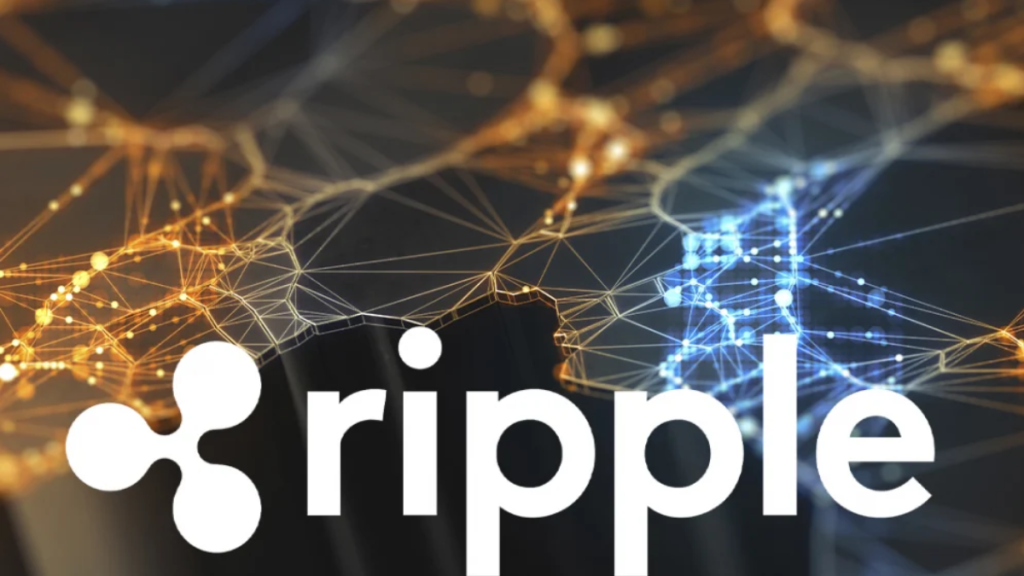Although the long-running dispute between Ripple and the Securities and Exchange Commission (SEC) has not yet been resolved, this is not stopping the blockchain company from concentrating on its expansion. The CEO of Ripple, Brad Garlinghouse, announced the business’s expansion into Dubai on Twitter on May 8. Ripple is an enterprise blockchain and payment company.
Garlinghouse also discussed the current progress at the Dubai Fintech Summit and spoke powerfully about the Middle Eastern clientele. He claims that the regulatory activities have made the nation desirable for business establishments. His most significant statement was that Dubai is on the rise to become the next major financial hub for cryptocurrency innovation.
Since its inception, Ripple has “focused on serving customers around the world, with over 90% of the company’s business outside the US.” This article will offer insight into Ripple’s UAE blockchain sector activities.
Ripple Expands To Dubai’s Blockchain Sector
The prominent crypto solutions company has not had the best of luck in the United States. Ripple and the United States Securities and Exchange Commission (SEC) are in a two-year court battle. Additionally, the legal definition of virtual assets’ security has been a topic of discussion in the media for a long time.
Furthermore, the Dubai International Financial Centre (DIFC) will soon have a new office for Ripple. With more than 90% of the company’s customers hailing from countries other than the United States, Ripple has seriously considered serving clients globally. Most of the Middle East and North Africa (MENA) payment volume processed by Ripple consists of cross-border transfers from countries like the UAE, Bahrain, and Saudi Arabia to India.
Around 20% of RippleNet users, including Lulu Financial Holdings, SABB, Qatar National Bank, RAK Bank, and Al-Ansari Exchange are headquartered in the MENA area, a “key market for the company.” The need for cross-border payments is growing, with almost $156T worth of cross-border payment flows in 2022 alone, according to Navin Gupta, the managing director of South Asia & MENA.
Towards the end of 2021, Ripple declared that with Pyypl, a global blockchain-based financial services technology startup, the Middle East would see the introduction of its first-ever On-Demand Liquidity (ODL) deployment. ODL uses XRP, a digital asset, to support quick and affordable cross-border payments.
In addition, the Middle East’s financial institutions are working to make payments for those who need them the most quicker, cheaper, and more valuable. Dubai gradually develops into a region with multiple large remittance markets and corridors. According to Bloomberg, cryptocurrency firms like CoinBase are also warming up to the concept of expanding to Dubai and the UAE, as revealed by Brian Armstrong, the CEO of Coinbase, who was present at the Fintech conference panel.
Meanwhile, the action was taken shortly after Dubai’s Virtual Assets Regulatory Authority (VARA) published its regulations governing the emerging cryptocurrency market through 2023. According to VARA, companies that distribute digital assets must follow the rules, starting with getting a necessary license.




























